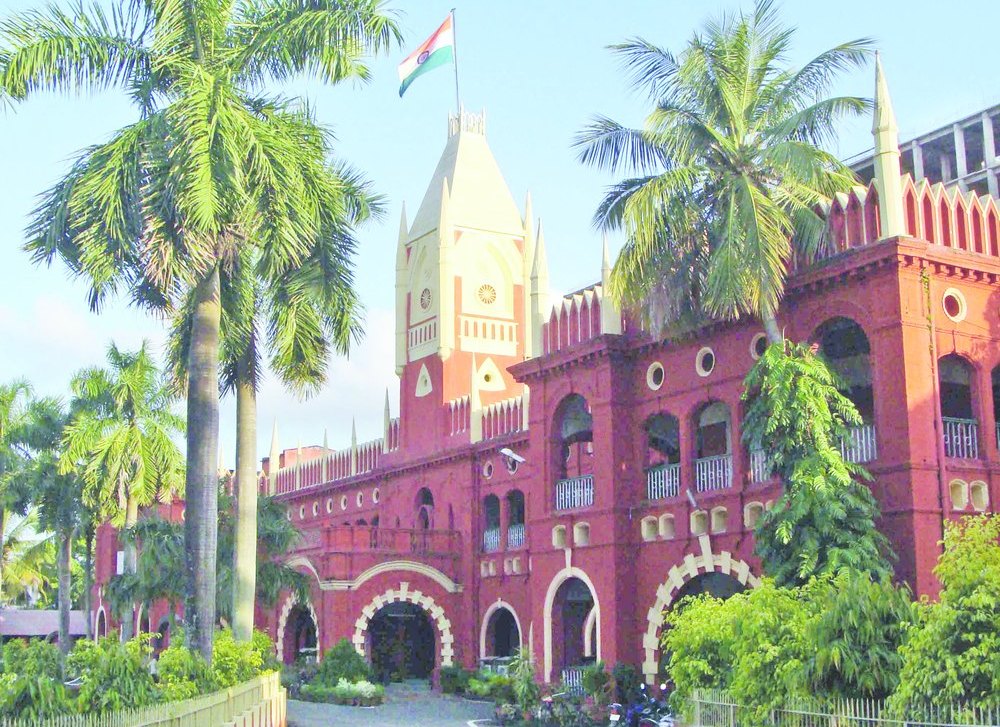Bhubaneswar: Observing that temper runs high among people in scheduled areas and they, at times, behave in unexpected manners, the Orissa High Court has altered the conviction of a man belonging to scheduled caste (SC) community in Sundargarh district from ‘murder’ to ‘culpable homicide not amounting to murder’. While granting partial relief to Krushna Domb – who was convicted by the Additional Sessions Judge, Rourkela May 24, 2013 for murder (Section 302 of IPC) of his neighbour Ratan Domb at Puruna Bisra under Bisra police limits in the tribal-dominated district April 28, 2012 – the division bench of the HC comprising Justices Debabrata Dash and Gourishankar Satapathy observed, “…the parties are members of Scheduled Caste and hail from rural pocket situated within the Scheduled Area of the State where ordinarily their temper run high and for silly reasons, they many times behave differently, at times in a quite an unexpected manner.”
According to the case details, Krushna and Ratan were at loggerheads over some landed property. It was around 9:30pm April 28, 2012 when Krushna and Ratan picked up a quarrel. Soon, the fight turned violent when an enraged Krushna hit Ratan’s head with a wooden plank. A profusely bleeding Ratan was initially rushed to the staterun facility at Bisra and later to Rourkela Government Hospital, where doctors declared him ‘dead on arrival’. Ratan’s wife Purnima complained with Bisra police following which a case was registered. Investigation was carried out and a chargesheet was filed against Krushna. After going through the evidence on record, the trial court in 2013 found Krushna guilty of the murder and convicted him under Section 302 of the IPC. Krushna then approached the HC for relief. His advocate Sanjukta Bala Das argued that the lower court should have convicted her client under Section 304(I) of the IPC (culpable homicide not amounting to murder) instead of Section 302 of IPC (murder). She contended that Krushna belonged to a tribal-dominated area, where people are prone to high temper. “Thus, the trial court should have considered this factor while recording a conviction,” Das argued. Additional Government Advocate SK Nayak, however, argued in favour of the lower court’s decision. “As the assault was done by a wooden plank, it is well justified that the appellant was convicted for the highest degree of homicide,” Nayak said. The HC observed that the assault was not pre-planned as Krushna did not carry the wooden plank to the place of occurrence. Taking into account the societal background of Krushna and Ratan, the HC noted, “Both of them belonged to scheduled areas and it is common for people from rural pockets of such areas to have high temper even for ‘silly reasons’. They often behave differently and, at times, in quite unusual manners.” Concluding that the offence could be categorised as one punishable under Section 304-I of the IPC, the bench January 16, 2024 altered Krushna’s conviction to culpable homicide not amounting to murder.




